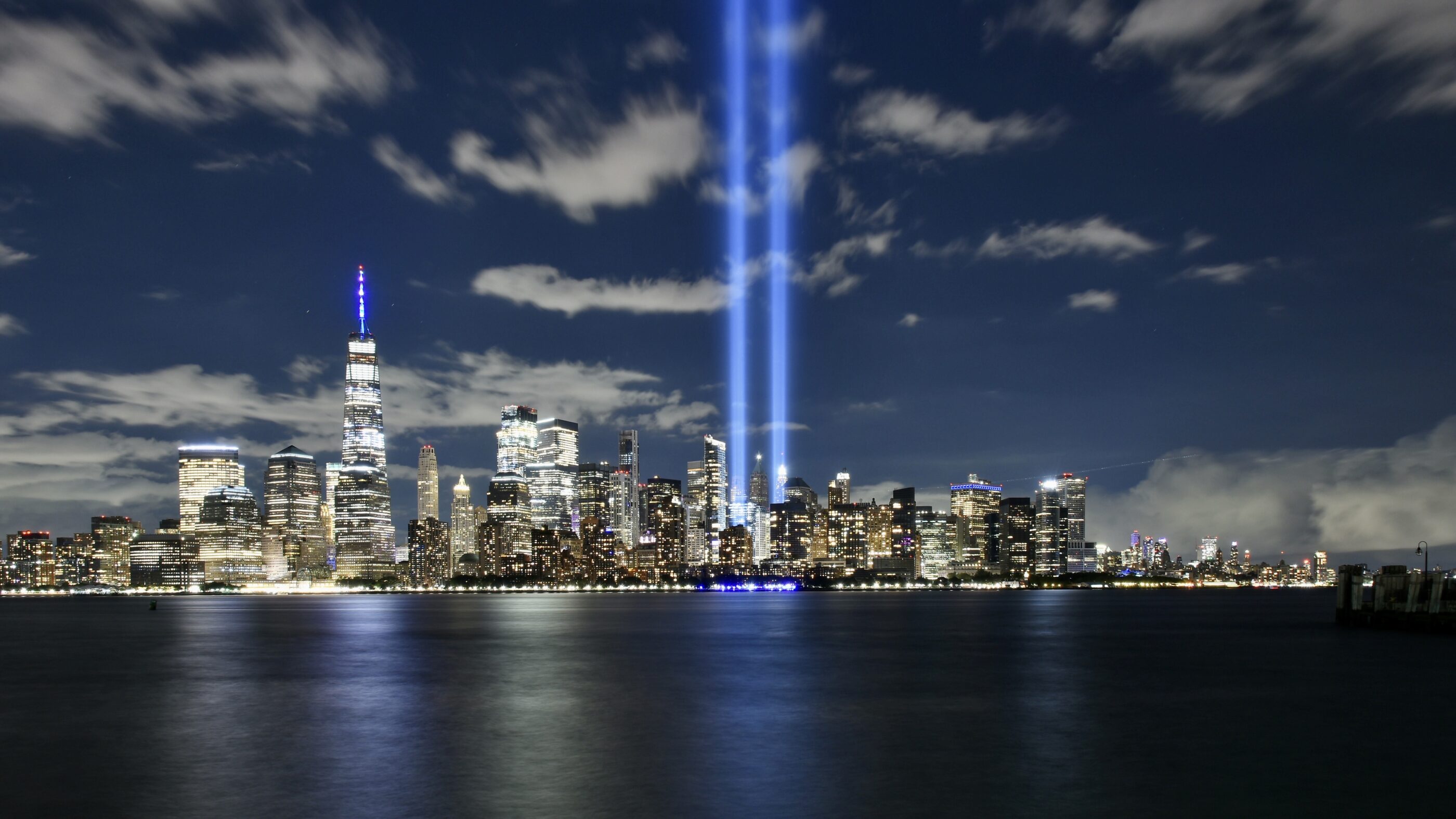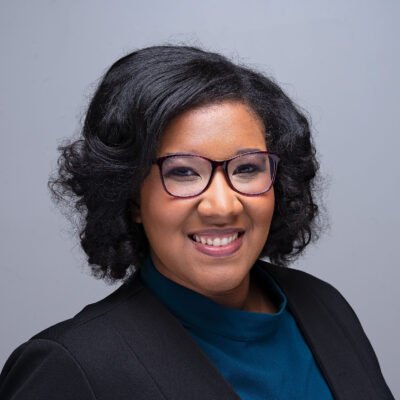The morning of September 11, 2001, I stood in the street with my college roommates and watched as the North Tower of the World Trade Center collapsed mere blocks from our dorm. It is a moment forever etched in my mind.
Like all residents of New York City, I grappled with the search for the missing, the cleanup, increased military patrols (both in the air and on the ground), the ever-lingering smell of burning metal, and the subsequent anthrax attacks.
But I was also a college student reeling from what I’d experienced, ignoring my resulting PTSD, and trying to keep my grades on track. It was impossible not to be afraid of this new normal. Posters of the missing and memorials to those lost lined my walk to campus each morning. I had to show my student ID to a national guardsman to get access to my dorm. I lay in bed every night smelling the acrid air from the still-burning debris that seeped into my window and listened as the never-ending army of trucks removing debris went up and down my street.
I wasn’t a member of the ACLU at the time, but I remember the organization boldly declaring in advertisements that we could be both “safe and free.” I was strengthened by the idea that we could make the choice to lean into those values instead of our fears.
But soon after, there was the start of a new war, attacks on Muslim Americans and immigrants, attempts to silence dissent, exponential growth of government surveillance, and an overall erosion of our constitutionally protected freedoms in the name of safety. Twenty-two years after that horrific day, our democracy is threatened in ways that feel eerily familiar. Just as we did after 9/11, we turn our eyes to fellow Americans in suspicion and fear and embrace hate, instead of seeking to build community and understanding across lines of difference. Our most precious rights and freedoms are in peril in our current political environment, including the ability to raise our children without governmental interference, the right to control our own bodies, the ability to read freely, to cast a ballot, or to not be attacked by militarized police forces when we exercise our right to protest.
As we mark this somber anniversary once again, we must always remember the victims, their families, and all who were impacted by the tragic attacks. We must recognize the wrongheaded policies and prejudice that followed the attacks and are still impacting many of us today. And most importantly, we must always hold dear, and never stop fighting for, freedom, liberty, and equality.


